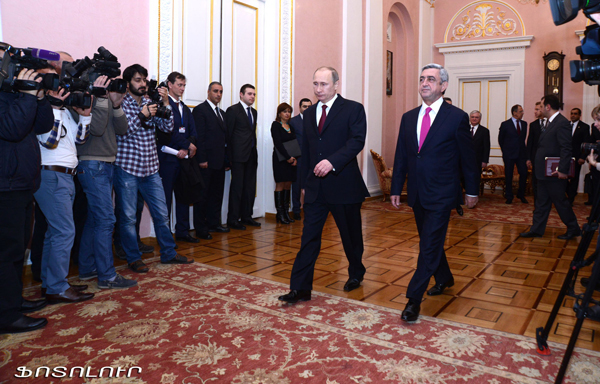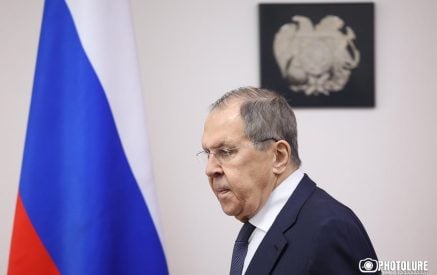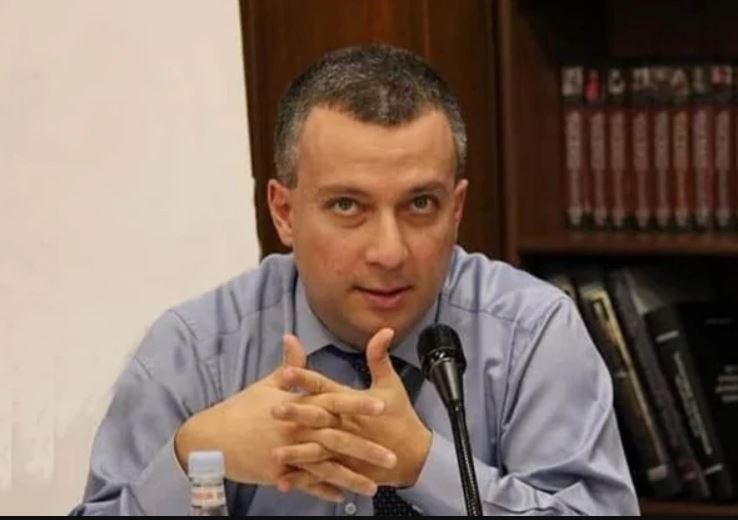The indicators of Armenia’s trade turnover with the Eurasian Economic Union member states are declining. The National Statistical Service reported the preliminary indicators of mutual trade between the EaEU countries for January-June period. According to these data, Armenia’s foreign trade turnover for the period of the first half of the current year is down by 20.6 percent, and by 22.5 percent with CIS countries. Armenia’s trade turnover for the same period with EaEU member countries: Russia- by 21.9 percent, with Belarus – 16.2 percent, with Kazakhstan – 34.5 percent. The volume of exports from Armenia to EaEU countries are also down: to Russia – 47.1 percent, to Kazakhstan – 33.3 percent, to Belarus – 29.7 percent.
Aravot.am asked the Head of the Armenian Institute for International and Security Affairs, Stepan Safaryan, whether these were the EaEU benefits, about which local authorities did not spare efforts to voice from different platforms. Mr. Safaryan replied, “The experts of our Center have not stopped continuously talking and warning that Armenia would not have any significant achievement or improvement of the indicator in the EaEU. It was declared to be an economic structure in Astana despite Russia’s desire, which wanted to make it a political one. Russia was not interested in the economy, but because of the resistance and objections of Belarus and Kazakhstan, it became an economic structure”.
Mr. Safaryan opines that in the current situation, the argument of all those who have made this decision and incarcerated Armenia into the EaEU or were justifying this policy are groundless. “The only argument was that our economic situation will be improved, the RA President was using all the chairs to enter into the 170-million market and stating about Armenia’s becoming a bridge between the EaEU and the EU. But both targets are a failure and as Hovik Abrahamyan would say, it did not take much brain to understand that these two problems would not be solved.”
Read also
Stepan Safaryan opines that if the EU wanted to establish economic relations with the EaEU, it would do it, eventually, Russia was hinting on it for years. On the other hand, no Western company hurries to come to Armenia and make investments for the sake of the access to this 170-million market.
Mr. Safaryan noted, “We saw that Samsung, Orange, and several other brands withdrew from this market. Even if it were not for these indicators, it was visible to the naked eye that our perspective in the EaEU is extremely uncertain, and the expectations for the benefits were absolutely not justified, therefore, expecting improvement of the economic situation from the EaEU is not only naive but also a criminal indifference for Armenia’s time as it currently is one of the most precious things in the world. The states are using every opportunity to diversify their economies while Armenia is actually deprived of the perspective of diversifying its economy.” Mr. Safaryan raises a question that in case of Russia, when the indicators were falling, perhaps, it is logical to explain it by the sanctions against Russia, but when indicators of the trade turnover are falling with the other EaEU countries, this means that the problem is inside the EaEU.
To our next question of how the local authorities will justify now, Mr. Safaryan responded, “At least, we do not expect any justification from this government, we are expecting specific actions to take out Armenia from this swamp. But let no one attribute the blame only to the local authorities for this situation. This is a result of collective criminal activity. All those who described this irreversible, I mean also the political opposition, who did not spare efforts for not forming an opposite movement, who are holding demonstrations with the slogans, “No anti-Russian sentiment, Shura” in the Freedom Square and were ensuring Armenia’s smooth access to the EaEU, of course, less than Serzh Sargsyan and his government, but they also should bear the responsibility.”






















































